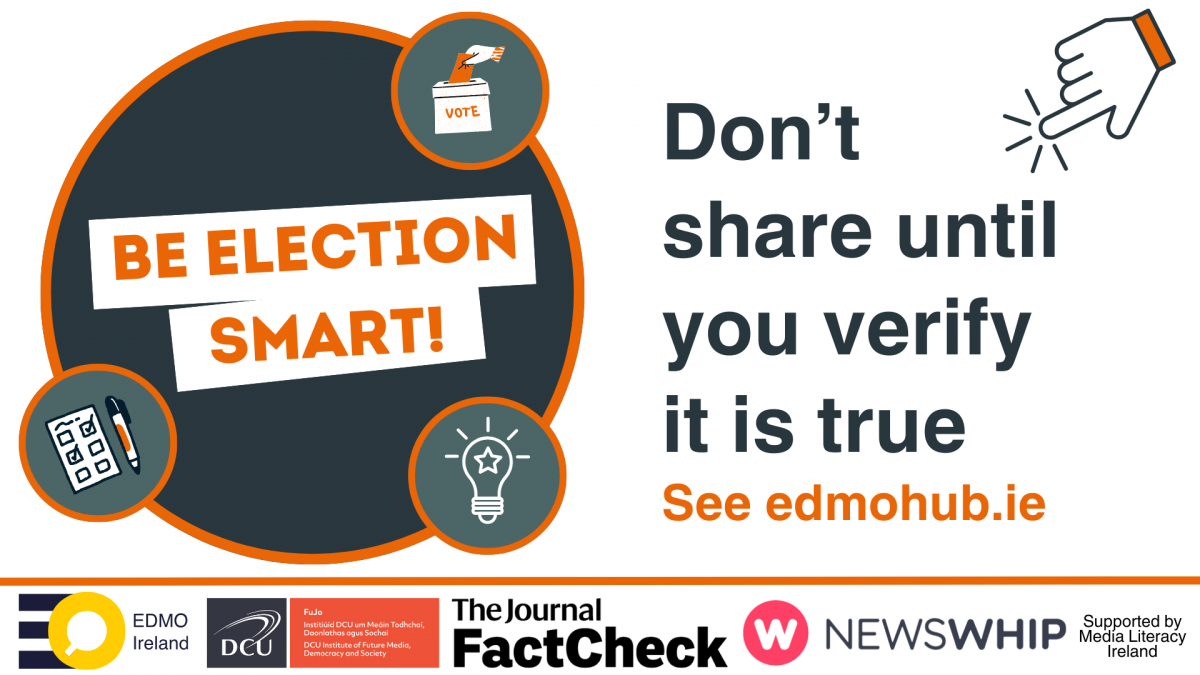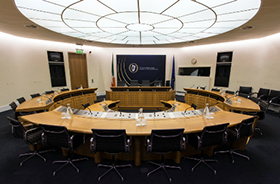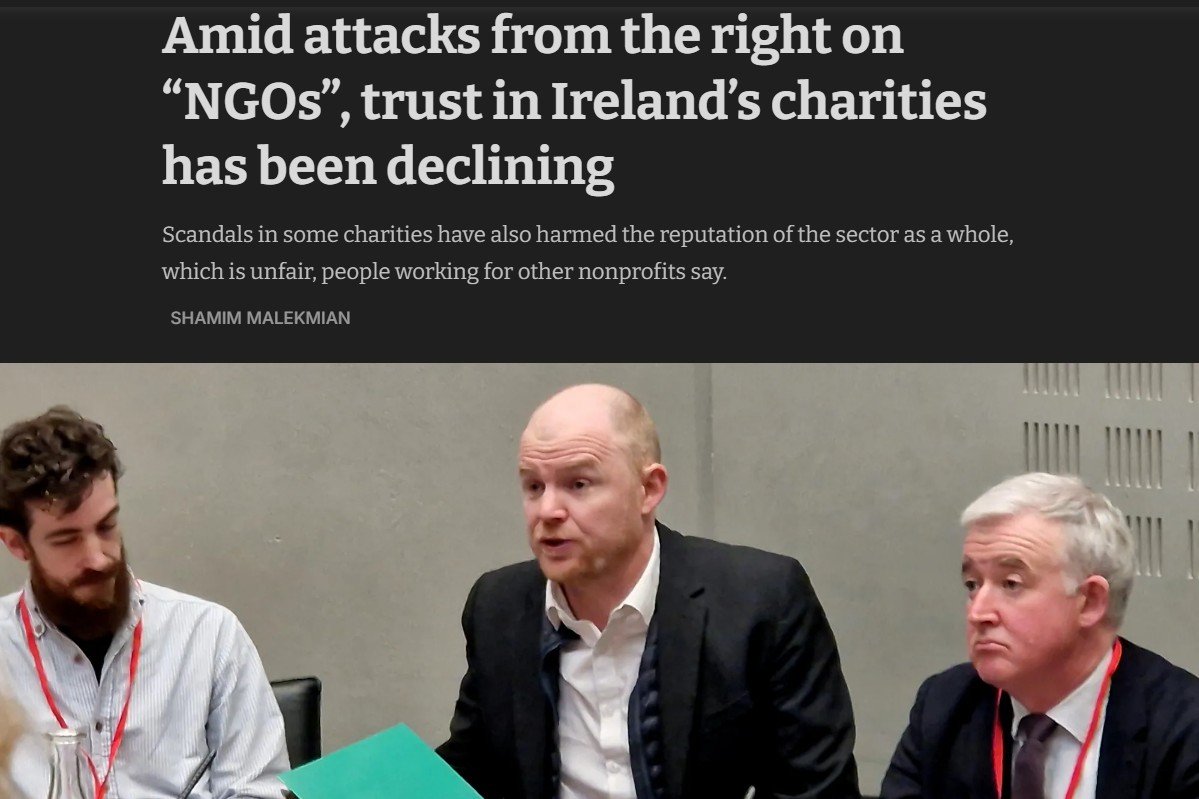The final days before an election are prime time for dubious information. A last-minute falsehood leaves little time for journalists and fact-checkers to respond. Even if it is debunked quickly, the confusion can shift the narrative around candidates and parties. We all have a critical responsibility to check if information is true before we share it.
If a piece of information evokes a strong emotional reaction, take a moment to pause. Ask yourself: “Is this true? Where did it come from?” A few minutes of caution can prevent the spread of harmful falsehoods.
Look for credible sources before you share. If the information comes from an unfamiliar website or social media account, proceed with skepticism. Is this claim being reported by multiple, independent, and trusted outlets? Cross-referencing is a reliable way to determine the validity of a claim.
Elections are the cornerstone of democracy, and they rely on an informed electorate making decisions based on facts, not fabrications. By committing to verify information before sharing it, you become a guardian of the truth, helping to ensure that the democratic process remains fair and free from undue manipulation.
View all the tips in the Be Election Smart campaign.




